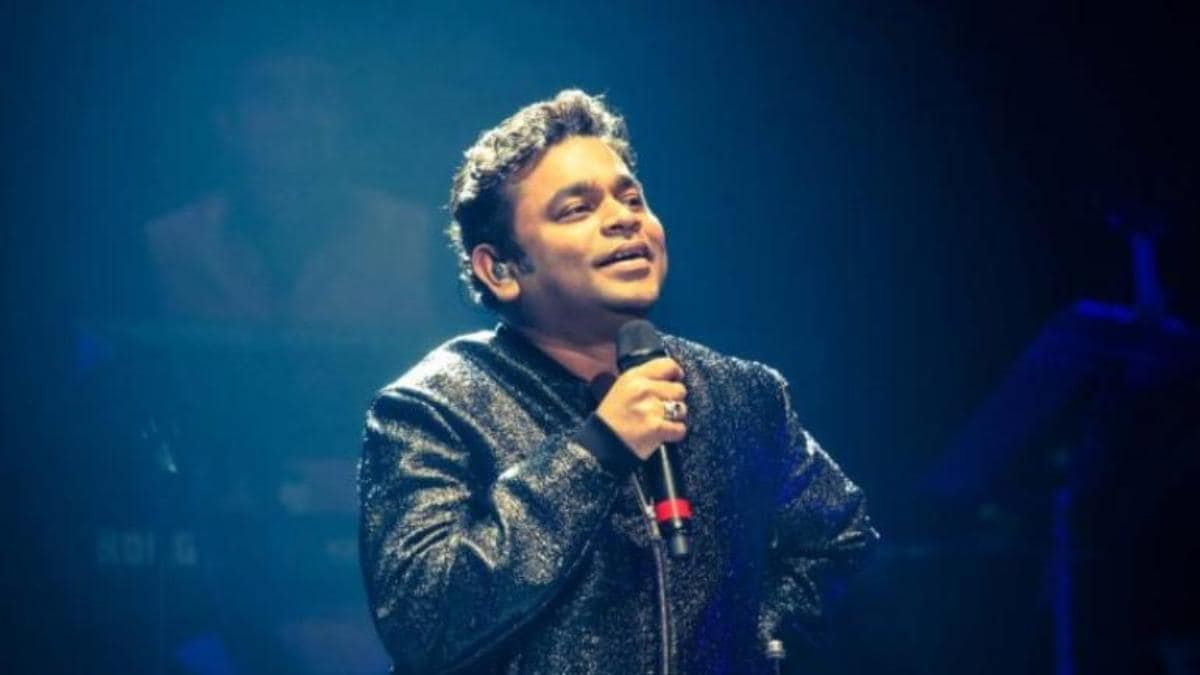The Supreme Court Monday sought responses from the Centre and the Bar Council of India (BCI) on a plea challenging the All India Bar Examination (AIBE) Rules 2010, which provides that an advocate has to qualify the exam to practice law in courts.
A bench headed by Justice A M Khanwilkar issued notices on the petition which has sought quashing of the 2010 Rules framed by the BCI alleging that it violates the Advocates Act and it “illegally and arbitrarily” compel a lawyer to undergo AIBE even after his or her enrolment as an advocate.
“Issue notice on the writ petition,” said the bench, also comprising Justices B R Gavai and Krishna Murari.
The bench also issued notice on the application for stay and listed it after three weeks.
The petitioner, Thane-based Parthsarthi Mahesh Saraf, has also filed an application seeking interim direction to restrain the BCI from conducting AIBE on January 24 and March 21 till the apex court decides the matter.
During the hearing conducted through video-conferencing, advocate V K Biju, appearing for the petitioner, told the bench that Bar Council is proceeding to conduct the examination this year in absence of any statutory provision.
While questioning the BCI’s power to prescribe such a requirement, the petitioner has also sought an interim direction to permit him to practice as he is already enrolled as an advocate.
The plea has sought quashing of the BCI’s press release for conducting AIBE this year.
Referring to the 2010 Rules, the plea said it mandates that no advocate, enrolled under the Advocates Act 1961, shall be entitled to practice unless he or she passes the AIBE conducted by the CBI.




